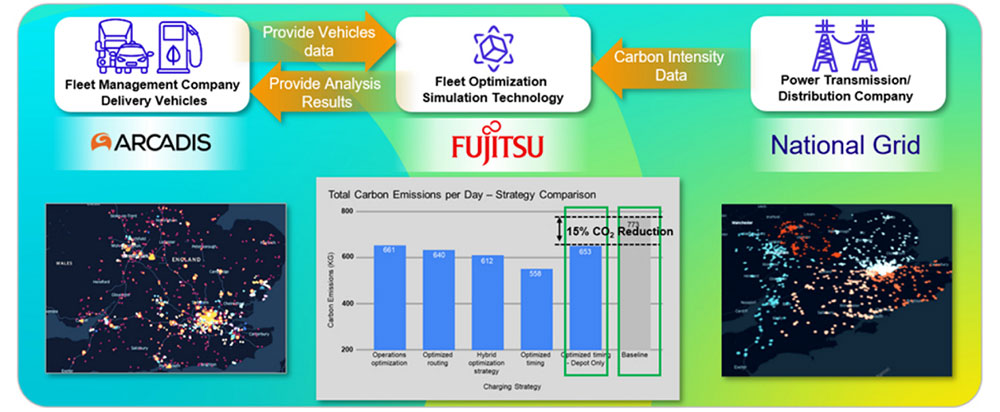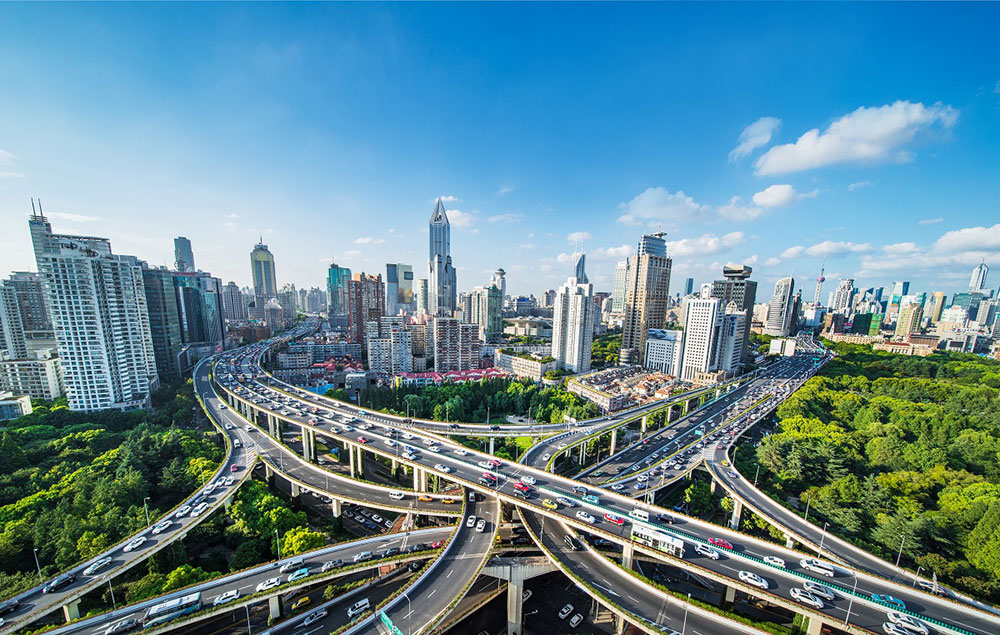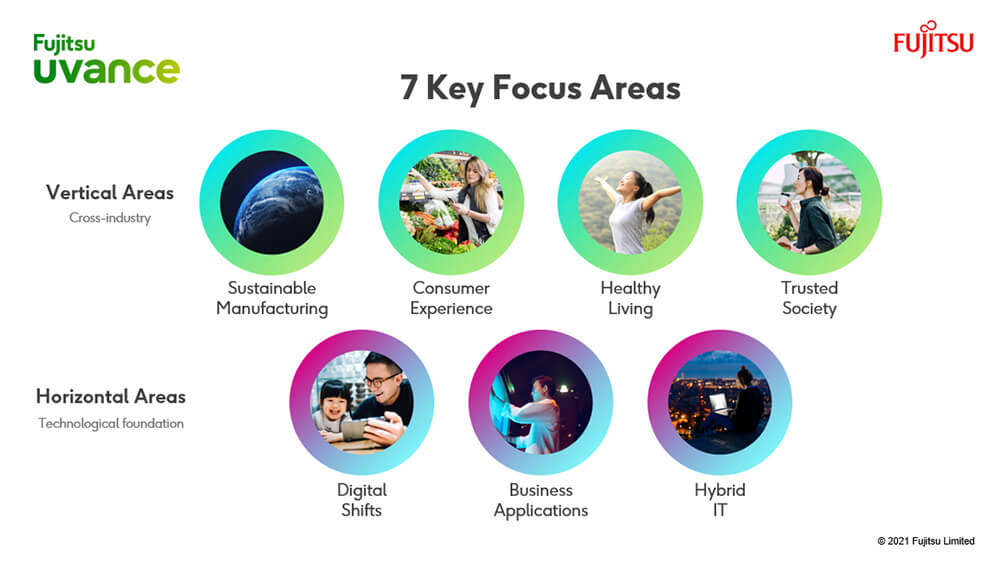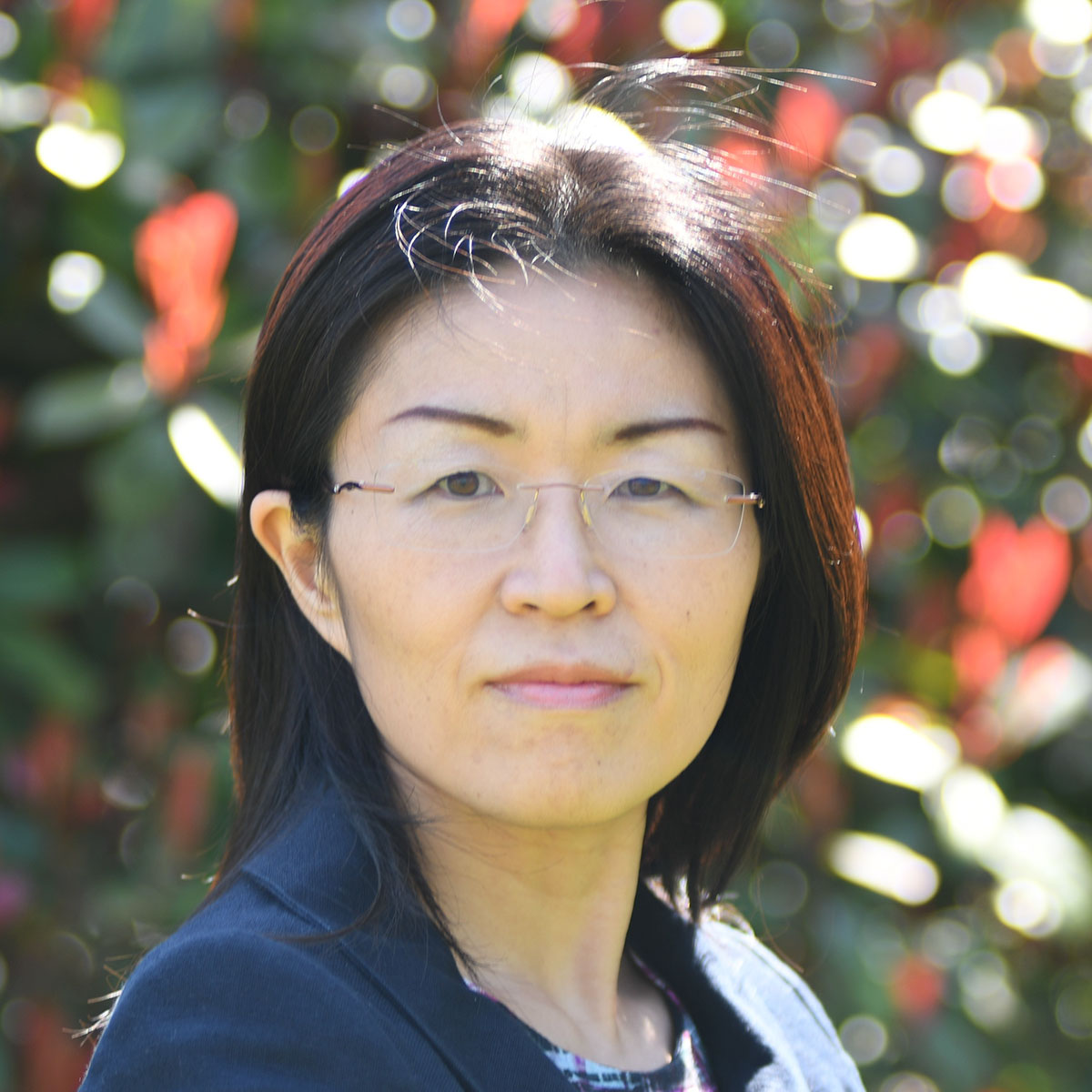Electric Vehicles go beyond the extra mile: cross-sector data collaboration toward net zero
Fujitsu / January 13, 2023
With the aim to move into carbon neutrality, more and more commercial fleet operators in Europe and around the world are moving towards carbon neutrality and are changing to electric vehicles (EV) to execute their operations. This trend is creating some challenges, as an increase in EVs is placing a burden on the power grid due to greater energy consumption.
Using technology as an accelerator to address what is a complex challenge involving multiple actors, we can ‘increase the mileage’ of the decarbonization of transportation effort.
This year, on October 26th, Fujitsu announced a digital collaboration trial leveraging Fujitsu’s solution of Fleet Management Optimization (FMO), leading fleet operators to reduce CO2 emissions from EV charging by 15%. Fujitsu’s Executive Vice-President, Yoshinami Takahashi explored the outlook of this trial with World Business Council for Sustainable Development (WBCSD), at the WBCSD Council Meeting Tokyo 2022. Throughout this article, we bring you highlights of our collaboration with WBCSD and the new possibilities this will bring in a near future.
What is the WBCSD?
The World Business Council for Sustainable Development (WBCSD) is an international organization that brings together CEOs of more than 200 companies from around the world with the common objective of creating a sustainable society through business. Since 2013, Fujitsu has been participating in this organization and in 2018 being part of the Board of Directors playing an active role in developing “Vision 2050 (*1).”
Companies participating in WBSCD collaborate with various organizations and enterprises around the world to accelerate the system transformation needed to move to net zero emissions, and more sustainable and equitable future.
(*1) Vision 2050 - Time to Transform: a shared vision of a world in which more than 9 billion people will be able to live well, within planetary boundaries, by 2050. The revised version was announced in March 2021.
Driving forward in the decarbonization challenge
Aligning with the initiative to promote the decarbonization of transportation, Fujitsu teamed up with WBCSD, Dutch consulting firm Arcadis, and British electricity company National Grid for a cross-sector digital collaboration.
In moving towards net zero (*2), EVs have become increasingly widespread in Europe. However, the reduction of CO2 emissions from EV charging is a challenge that requires a comprehensive approach transcending the boundaries of transportation and energy sectors.
The trials focused the use of data on the operation and charging of grocery delivery EVs. Using Fujitsu’s Fleet Optimization Simulation Technology, multiple sources of data were analyzed.
The analysis of data from these EVs revealed that charging delivery vehicles during periods with an abundant supply of green energy (wind, solar, etc.) enabled fleet operators to reduce CO2 emissions from EV charging by 15%.
This evidence on CO2 reductions demonstrates the importance of data sharing and visualization among various sectors and contributes to resolving major societal issues like net zero.
(*2) Net zero: achieving a balance between the greenhouse gases added to the atmosphere and those taken out. Similar in principle to carbon neutral.

Outline of demonstration
The road ahead for data collaboration
What’s next? Fujitsu is accelerating our strengths in the following two areas:
First is the expansion of industries. In addition to the initiative for fleet operators and logistics companies, Fujitsu will accelerate the development of MVP (*3) in Trusted Society, expand use cases, and offer a wide range of services to transport service providers.
The second is the development of Social Digital Twin (*4), which conducts digital rehearsals at the city level. By digitally reproducing the interactions between people, goods, the economy, and society based on an image of the actual state of society, Fujitsu supports the formulation of measures to resolve diverse and complex issues.
Fujitsu further plans to expand beyond fleet operators and logistics companies to transport service providers to contribute to an even more far-reaching reduction of CO2 emissions, and to optimize the entire logistics and transportation service sector.
(*3) MVP (Minimum Viable Product): A product with just enough features to be usable by early customers who can then provide feedback for future product development.
(*4) Social Digital Twin:Group of technologies that digitally reproduce the relationships and connections between people, goods, the economy and society. They offer a simulation, prediction and decision-making environment in which we are able to solve diverse and complex social issues.

Fujitsu and WBSCD – committed to a sustainable future
Fujitsu is passionate and determined to work with partners, governments, organizations and companies around the world to transform their businesses towards a more sustainable world, while simultaneously ensuring business growth. To accelerate this we’ve introduced Fujitsu Uvance, innovative solutions that address customers’ business challenges and solve societal issues. Through Fujitsu Uvance, and with our expertise in the seven key focus areas, we are committed to connecting companies across industry boundaries and harnessing their strengths to generate a positive change.

Seven key focus areas of Fujitsu Uvance
Aligning with the WBCSD “Vision 2050,” Fujitsu will continue moving forward and collaborating with organizations worldwide to make a positive contribution towards solving crucial societal issues facing us all.
To learn more about how Fujitsu Uvance Trusted Society is working with countries, governments, citizens, and business partners to shape a prosperous, safe, and sustainable society through innovative trustworthy technologies, please see: Trusted Society - Fujitsu Uvance: Fujitsu Global
Set your sights on building a prosperous, sustainable society
Trusted Society
Fujitsu introduced a key focus area called ‘Trusted Society’ as a part of its business brand, Fujitsu Uvance.
We aim to create an environment-first, resilient society in which people can live in peace and prosperity.



Arcadis resonated with Fujitsu's hypothesis, understood the importance of data linkage in achieving net zero, and provided necessary data. With the cooperation of National Grid and Arcadis, we now have empirical results that add value to the data.
Editor's Picks













